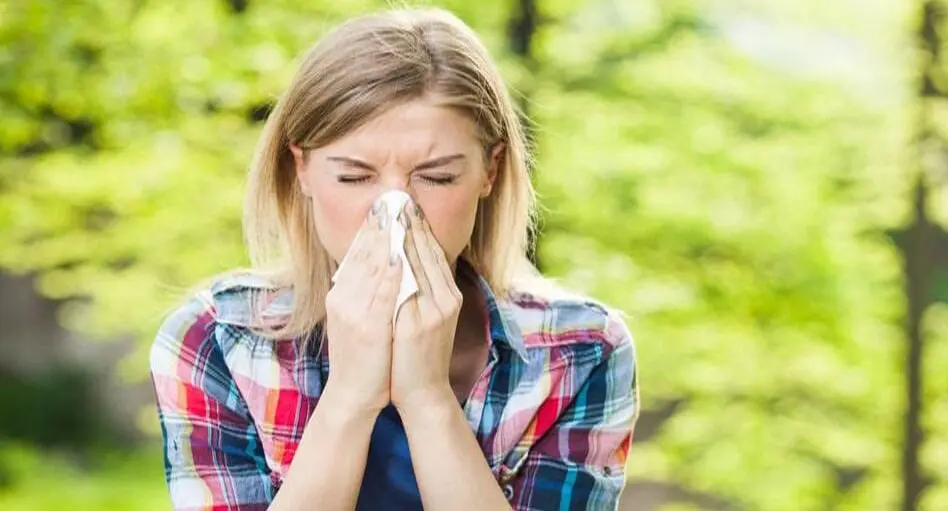Is it possible to catch a cold at any time of the year?
Typically, the flu season increases in activity during October, peaks through the months of December and February, and can last through May.1 Viruses spread more rapidly during the winter as people are in enclosed spaces with cold, dry air.
However, it is a misconception that viruses are seasonal. Although many factors such as human activity and ventilation play a part in determining how viruses spread, viruses can survive all year round, making it possible to fall sick even in the summer.2
Learning how a cold or flu affects you at different times of the year can help you take the necessary precautions to avoid falling sick.
What is a Summer Cold?
While the cases are fewer, it is not impossible to catch a cold during the summer. Mild cases produce symptoms similar to a common cold, including:3
sneezing
runny nose
sore throat
headache
facial pressure
congestion
cough
low energy
fever and chills
fatigue and weakness
body pains and aches
Causes of Summer Colds
Any type of cold is caused by a virus; a parasite that lives off another living organism.5 Viruses are transmitted by coming in contact with a healthy person. This occurs by:6
Inhaling infected droplets in the air
Direct contact with an infected person
Touching your eyes, nose, mouth after touching an infected surface
As people tend to spend more time outdoors during the summer, germs can be transmitted through public spaces such as crowds in amusement parks, or through indirect contact of high-touch areas like escalator railings and elevator buttons.
While there are many similarities in symptoms between a summer cold and a winter cold, the type of virus affecting the body is different. Winter colds are generally caused by rhinoviruses, and often attack the upper respiratory tract.7 In contrast, summer colds are sometimes caused by enteroviruses that live in the gut and thrive in warmer weathers.8
How to Treat a Summer Cold
A summer cold is related to a winter cold and can be treated similarly. While it may be tempting to go out and enjoy the warm weather, it is important to self-isolate as viruses can still spread. It is also important to differentiate your symptoms and ensure you are not suffering from seasonal allergies; the common cold lasts around 7-10 days and allergies tend to continue for much longer and do not normally cause a fever. 9
Practicing good hygiene and following common remedies can help relieve your symptoms: 10
Rest: resting when you are unwell can help your body gain back energy to recover faster. When you rest at home, you also avoid unnecessary exposure and transmission of germs.
Staying hydrated: drink plenty of water to help loosen clinging mucus and lubricate dry and scratchy throat. Be mindful to avoid beverages such as coffee and alcohol as those liquids can be dehydrating.
Over-the-counter (OTC) medication: consider TYLENOL® Complete Cold, Cough & Flu to help with symptoms like nasal congestion, runny nose, cough, and fever.
Eat: consume healthy foods and stay active to help keep your immune system strong.
Continue to practice good hygiene and monitor your recovery. If symptoms persist or you start to feel worse, seek guidance from your doctor or local health practitioner. Be sure to always read the label of OTC medicines and follow the instructions as directed.
